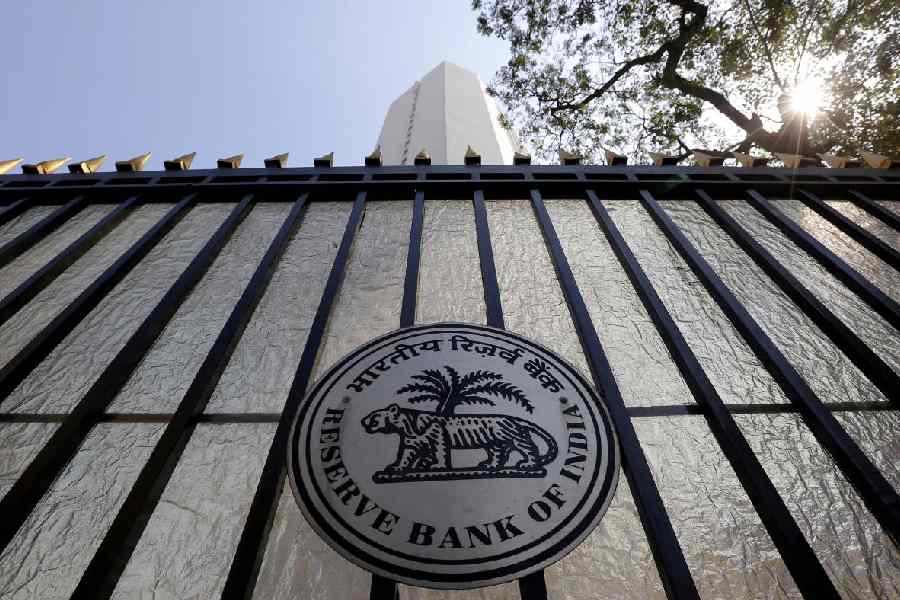Students of Class VII at a private school here are yet to be taught half of the chapters from the newly introduced social science book Exploring Society: India and Beyond, thanks to the NCERT’s decision to introduce textbooks in tranches.
The delay in the release of books and an increase in the amount of content have disrupted studies and left both students and teachers anxious.
This year, the NCERT decided to introduce new textbooks for classes IV, V, VII and VIII. The books for classes V and VIII were made available in July. The books for classes IV and VII were released in May, a month after the classes started.
The social science and mathematics textbooks were split into two parts for classes VII and VIII. The second parts of the books were supposed to be released by September/October.
In the last week of October, the second part of the mathematics book for Class VII was released. There is no clarity on when the second part of the social science books for both classes and the mathematics book for Class VIII will come out.
Prof. Anita Rampal, former dean of education at the University of Delhi and former chairperson of the NCERT’s textbook development committees (primary), said the NCERT had become a habitual defaulter in making books available on time.
“It shows inefficiency and callousness when the NCERT repeatedly delays the production and release of new textbooks. These books contain questionable and false ideas being doled out to middle school children. Apart from the problematic content, the delay in the release of books demonstrates the irresponsible attitude of the NCERT about the impact on learning and the disruption being caused in schools,” Rampal said.
Rampal said government schools in many states had given up their responsibility and autonomy to publish their own textbooks. Their dependence on the centralised NCERT books hampers their academic schedules. As the second part of the social science and mathematics textbooks has still not been made available to classes VII and VIII, schools and teachers will struggle to do justice to the curriculum before the annual exams in February/March 2026.
“The schools cannot rely on the old textbooks as there is no correlation between the old and new content. Many things in the new books will contradict or not dovetail with the content in older textbooks,” Rampal said.
“Is there anyone questioning and taking action for this serious lapse and mismanagement at the NCERT that is disrupting the availability of textbooks year after year?” she asked.
A private school teacher said she had finished teaching five of the 12 chapters from the social science textbook in Class VII, and it would be challenging to complete this book and the new chapters from the second part.
An email sent by The Telegraph to NCERT director Dinesh Prasad Saklani seeking comment on the delay in the availability of new textbooks is awaiting a response.










